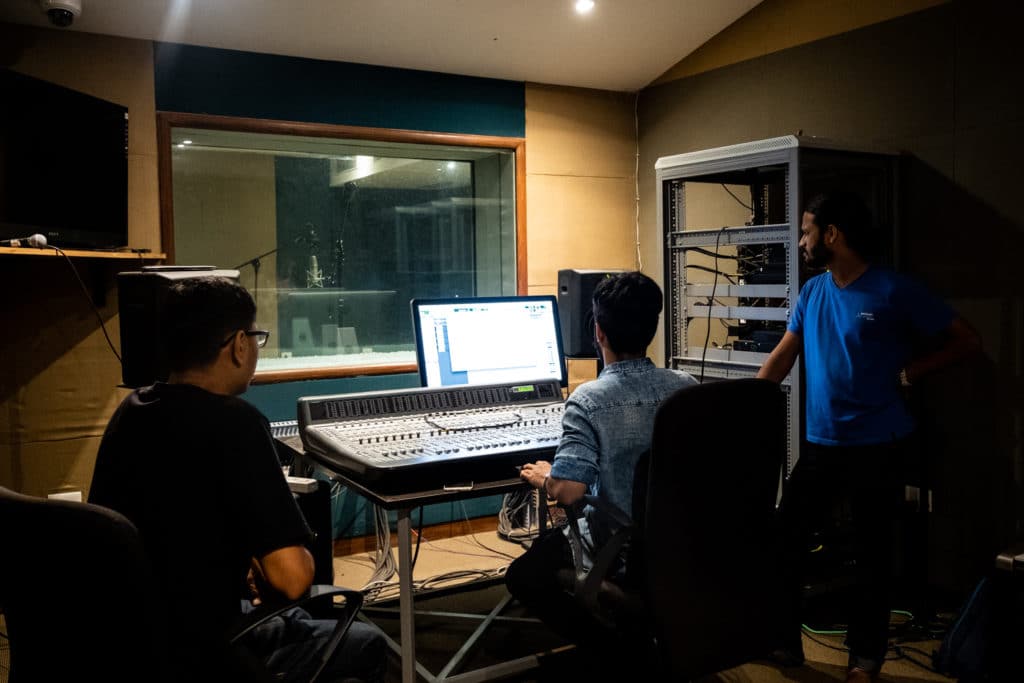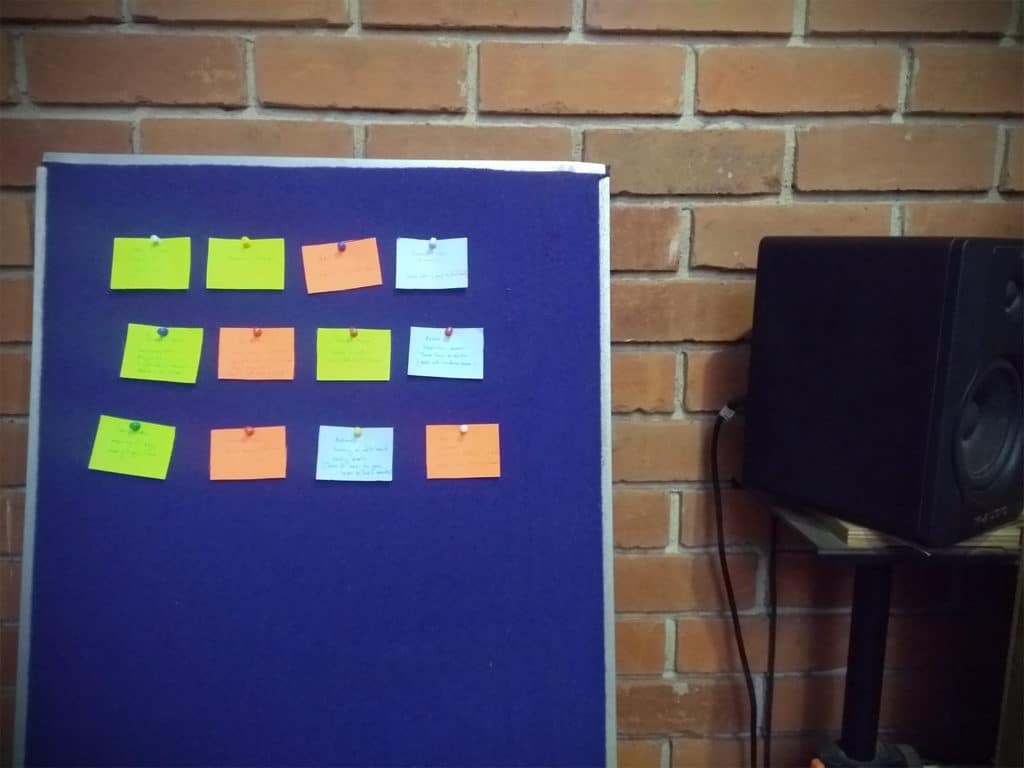
So you’ve researched, planned and shot your film project. If you are still in production or pre-production check out my Top 10 Tips for First-time Filmmakers. For those of you who have completed production or nearing there, the footage is now on your drive and safely backed up. Now, how do you drive to completion on your story?
In documentary filmmaking, the film is actually made (or broken) in post – in the edit suite. Documentary editing is a beautiful craft and an art. It’s so much more than pressing buttons in software. That’s the easy part. The real job of an editor is to look through the hours and hours of footage that’s been shot, again and again and weave the best dialogue and visuals into the most compelling story, that’s in keeping with the director’s vision.
Finding a right match between the director and editor is therefore crucial. A good editor is sensitive to the story the director has set out to tell. And yet, an editor must help the director to sift through the plot lines to tell that story most effectively – getting the audience from Point A to Point B quickly and compellingly. Sometimes that may mean eliminating sequences the director may have initially thought important to advancing the story.

Getting a good and sensitive editor on board your project may just be the difference between a great film and a mediocre one.
Today, with the coming together of societies across the world, we are no longer limited in our collaborations. And having a long distance collaboration between filmmakers and editors is quite simple. I’ve worked on 2 documentary films with filmmakers not from my city. The first film I edited won the award for best editing in the documentary category at the Mumbai Shorts International Film Festival in India. I’ve also shot and edited short news based features for international television and sent the edits for final post to the channel’s studio.
How did it work? Like I said, distance has become immaterial. Once the rushes are sent across the hard part is over. Using communication tools like Skype and Facebook Messenger its easy to be in constant contact with your editor anywhere in the world. And using Adobe CC editing software, sharing cuts over the net is a simple process. I’ve been able to cut a sequence and share the same with the director for immediate feedback.
So whether you would prefer your editor to take charge of the post-production while you go looking and researching your next film project or if you are a “hand’s-on” kind of filmmaker, its still possible to work with an editor from another city, country or continent. It doesn’t really matter. What does matter is the connection you feel with your editor. Does he understand your vision for the story? If you can feel this connection that is all that really matters. Distance does not.
